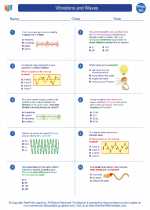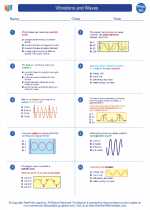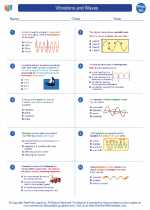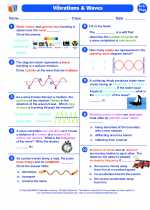Renewable and Non-renewable Resources
Renewable resources are those that can be replenished naturally, such as sunlight, wind, water, and biomass. Non-renewable resources, on the other hand, are finite and cannot be easily replenished, such as fossil fuels (coal, oil, natural gas) and nuclear fuels.
Renewable Energy Sources
Renewable energy sources are derived from renewable resources and include solar energy, wind energy, hydroelectric energy, and bioenergy. These sources are sustainable and have a lower environmental impact compared to non-renewable energy sources.
Advantages of Renewable Energy
- Reduces greenhouse gas emissions
- Promotes energy independence
- Creates job opportunities in the renewable energy sector
- Contributes to a more sustainable and environmentally-friendly future
Challenges of Renewable Energy
- Intermittency: Some renewable energy sources, such as solar and wind, are intermittent and may not provide a consistent supply of energy.
- Initial Cost: The initial investment for installing renewable energy systems can be high.
- Technological Limitations: Some renewable energy technologies are still in the development phase and may have technological limitations.
Impact of Human Activities
Human activities, particularly the burning of fossil fuels, have led to environmental issues such as air pollution, global warming, and climate change. Understanding the concept of renewability can help in promoting the use of renewable energy sources and reducing our reliance on non-renewable resources.
[Renewability] Related Worksheets and Study Guides:
.◂Physics Worksheets and Study Guides High School. Vibrations and Waves

 Worksheet/Answer key
Worksheet/Answer key
 Worksheet/Answer key
Worksheet/Answer key
 Worksheet/Answer key
Worksheet/Answer key
